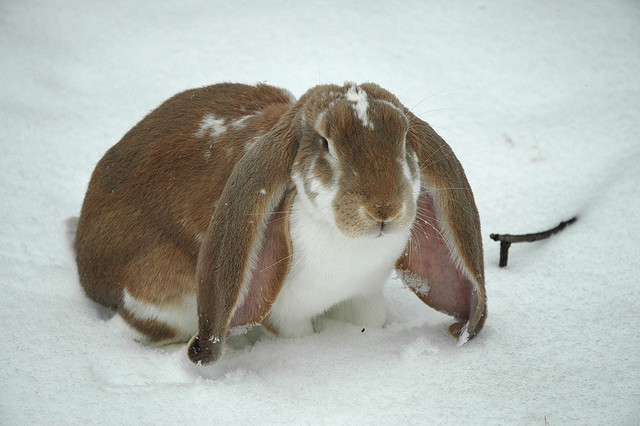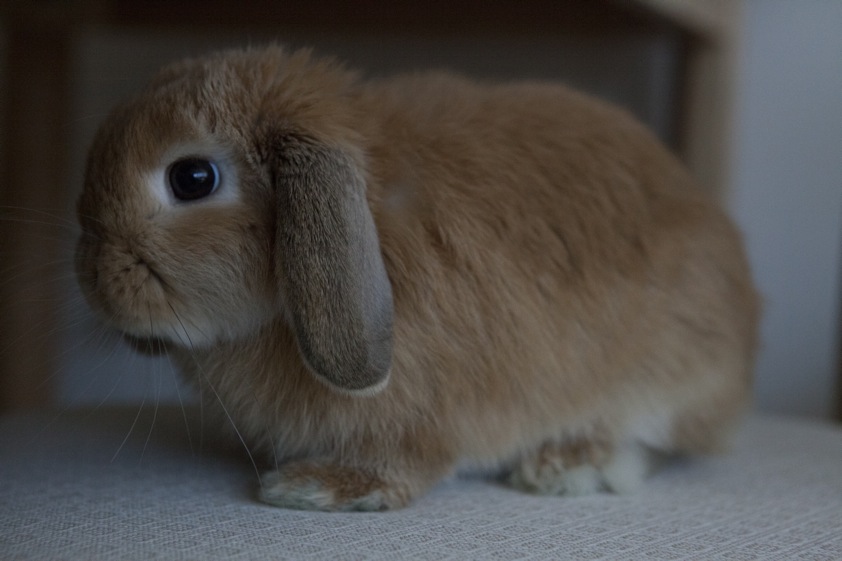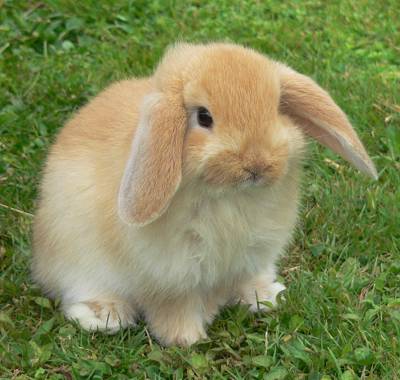Welcome, fellow animal enthusiasts! Today we dive into the charming world of the delightful lop eared rabbit. Known for their distinctive long, floppy ears, these delightful creatures capture hearts with their unique looks. Of the eight variations, each boasts a unique spectrum of characteristics. The English lop holds the title as the most popular and oldest breed of this cherished pet.
Feeding Your Furry Friend

Proper nutrition is paramount for your lop-eared rabbit. High-quality pellets from your local pet store serve as an excellent primary diet. The magic formula? A quarter of a cup of pellets per five pounds of your pet’s weight, delivered daily. Craving variety? Add a twist to their diet with occasional greens or vegetables for a treat they’ll surely appreciate.
Care Tips for Indoor and Outdoor Rabbits

Whether your pet roams freely indoors or enjoys a spacious outdoor cage, here’s what to consider. First, rest assured, rabbit cleanliness is top-notch. They’re natural groomers, but make it a habit to brush your rabbit daily to remove loose hair. This process can also aid in combating hairballs.
- Indoor care: The indoors, while safe, does pose a risk in the form of wires and cords. Rabbits love to nibble, so make sure your house is rabbit-proof and wires are safely tucked away.
- Outdoor care: If you opt for an outdoor setting, adequate cage size is key. It should allow your rabbit enough room for comfortable movement. Always set a soft cover for wire bottoms to prevent foot injuries. And don’t forget the weather-proof box with bedding for an outdoor retreat!
Keeping an Eye on Your Bunny’s Health

Aside from their irresistible charm, lop eared rabbits need your watchful eyes to ensure their wellbeing. Given their grooming habits, they can build up hairballs, which if frequent, may require a vet-prescribed treatment. Their distinctive long ears may also host ear mites, necessitating regular cleaning and possibly medication.
Potential Health Risks
Like any pet, your rabbit has vulnerability to specific health issues. Be aware of potential bladder infections or respiratory complications. Change in behavior or eating patterns may indicate a problem, prompting a quick call to your trusty vet.
- Exercise caution when introducing your lop eared rabbit to other pets. No one desires conflicts or injuries amongst their beloved pets. If you own other animals, it could be wise to keep your rabbit outdoors.
Useful Links: